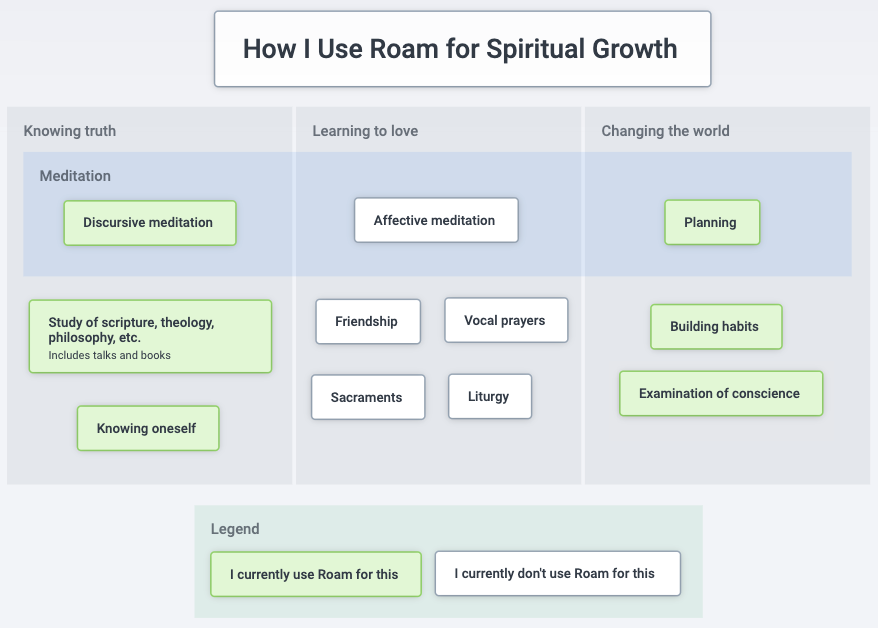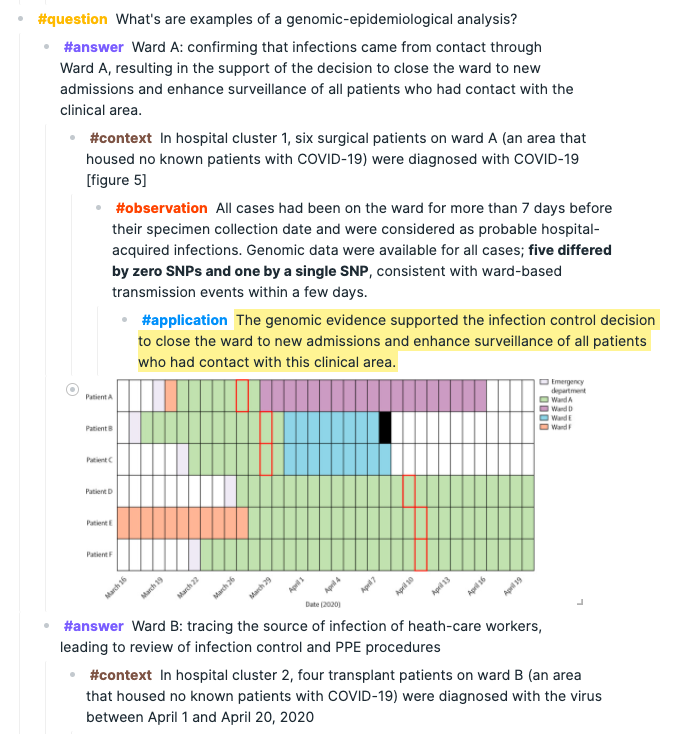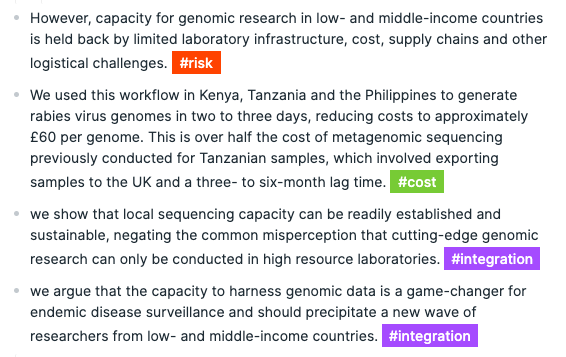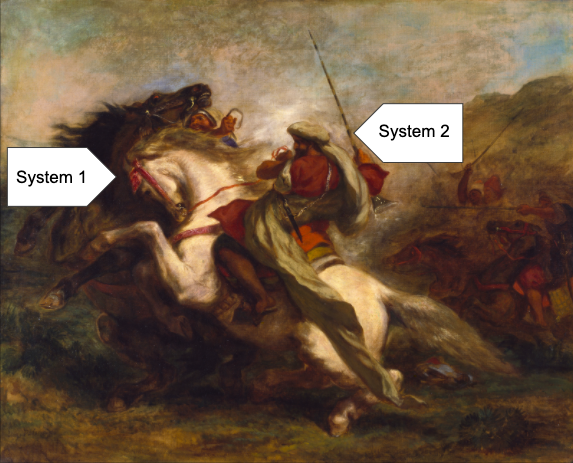
1/ USING @ROAMRESEARCH FOR SLOW-BURN EVIDENCE-BASED ENTREPRENEURSHIP (THE NERDIEST WAY TO EARN YOUR FREEDOM) 

Here's how I check whether I'm free: I could say Yes to ideas who have approached me and are asking me to bring them to reality.
The only reason for a No should be ongoing commitment to other ideas, not because I have sold my time to someone else.
The only reason for a No should be ongoing commitment to other ideas, not because I have sold my time to someone else.
https://twitter.com/kcorazo/status/1278159158630481920
Another way to check whether I'm free is to flaneur a la maestro @nntaleb
My freedom is not yet at the level where I can take a sabbatical every 4 years, but I already see the pathway.
(h/t @jeremygiffon via @david_perell)
My freedom is not yet at the level where I can take a sabbatical every 4 years, but I already see the pathway.
(h/t @jeremygiffon via @david_perell)

I've had a taste of freedom in the past few years, and there is no way I'm going back to selling my time. One reason I'm making these threads and doing things like roam.cafe (Fabricating Serendipity) is to remind myself that I'm free.
https://twitter.com/Roamfu/status/1294261146665381888
The mental side of freedom is mastery over desires. The economic side of freedom is to uncouple time with money. This essentially means building a machine that creates value and gets customers while you sleep. That's pretty much the definition of entrepreneurship.
In my part of the world, multi-generational wealth requires just one kid from each generation to run the family business. The rest of the fam could then be poets, philosophers and priests.
Similarly, you only need one money-maker to support saying Yes to non-commercial ideas.
Similarly, you only need one money-maker to support saying Yes to non-commercial ideas.
One way to build your freedom machine is to copy someone else's machine. However, it is unlikely that it would work as well for you as it did for its originator.
A better way is to build your freedom machine from first principles and designed based on your weirdness (ikigai).
A better way is to build your freedom machine from first principles and designed based on your weirdness (ikigai).

At its core, freedom machines just automate two things: 1) getting customers and 2) creating value for those customers.
@AlexOsterwalder broke down these 2 into 9 components in the Business Model Canvas (BMC), which allows a more granular design of the machine.
@AlexOsterwalder broke down these 2 into 9 components in the Business Model Canvas (BMC), which allows a more granular design of the machine.

I've been wanting to use this phrase, so here we go: let's be metarational about this. How do we know whether our BMC design is based on facts and not just wishful thinking? How can we build an evidence-based business, not a faith-based business?
https://twitter.com/kcorazo/status/1308358757429043201
We have several options. I've listed down a few for metarational business model design in the middle column of the Idea-to-Reality Production Stack. The most popular is probably Lean Startup by @ericries.
https://twitter.com/Roamfu/status/1277509784258969601
The wellspring though is @ericries's teacher and serial entrepreneur @sgblank
He teaches us that what we put in the BMC are just hypotheses. Building a value creation and customer acquisition machine first means knowing the truth behind these hypotheses. web.stanford.edu/group/e145/cgi…
He teaches us that what we put in the BMC are just hypotheses. Building a value creation and customer acquisition machine first means knowing the truth behind these hypotheses. web.stanford.edu/group/e145/cgi…

Here's a list of ways to in/validate your hypotheses.
@strategizer has a self-paced training on this ($250) strategyzer.com/training/exper…


@strategizer has a self-paced training on this ($250) strategyzer.com/training/exper…


The only software I've seen designed for the process of Evidence-based Entrepreneurship is launchpadcentral.com vimeo.com/68421353
You know where this is going. I made a Roaman version of this software and the process of Evidence-based Entrepreneurship, using only the simplest features. Here's a video: loom.com/share/1dfa550b…
The advantage of doing this in Roam is that you could use your notes from the rest of your life as factual inputs to BMC validation.
This is like Zettelkasten but instead of a slow-burn toward a piece of writing, you are building validated business models.
This is like Zettelkasten but instead of a slow-burn toward a piece of writing, you are building validated business models.
You could buy the Roam templates I made for Evidence-based Entrepreneurship here: gum.co/vDpng
@sgblank also created a way to teach this methodology, which he has open sourced: venturewell.org/wp-content/upl… (PDF)
I've seen the evolution of this training playbook in the past 9 years and ran it a couple of times:
I've seen the evolution of this training playbook in the past 9 years and ran it a couple of times:
https://twitter.com/kcorazo/status/1286852582770708482
I've been working on a Project Management training. But based on your answers in its sign-up form, and from my conversations with some of you, what you need first is finding WHAT to execute rather than HOW to execute, FREEDOM more than PM tools (you'll need these... eventually)
I might collaborate with an education innovation startup to do a training on Evidence-Based Entrepreneurship using Roam. Please DM me if you're interested. I'm eating my own dogfood and will do customer interviews before the heavy lift of orchestrating the learning experience.
• • •
Missing some Tweet in this thread? You can try to
force a refresh








